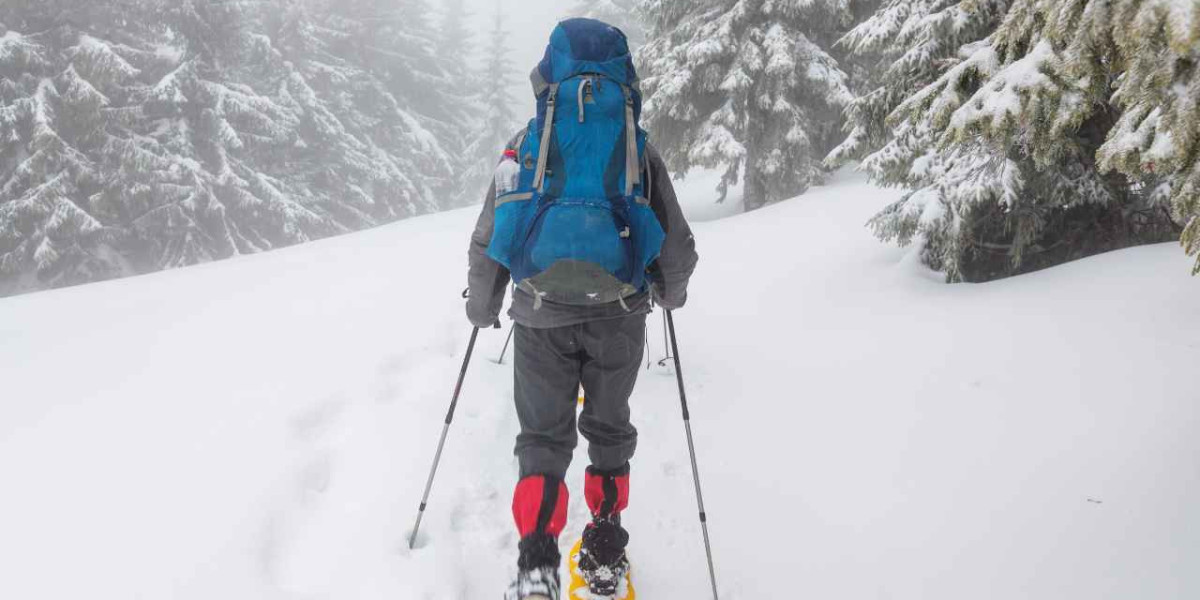Choosing the Right Gear
Essential Hiking Apparel: Comfort and functionality should be your priority when selecting hiking clothes. Opt for moisture-wicking fabrics that keep you dry and layers that you can add or remove depending on the weather. A good pair of hiking boots is crucial; they should be well-fitted, broken-in, and designed for the terrain you plan to tackle. Don't forget a hat and sunglasses to protect you from the sun, and a durable, waterproof jacket in case of unexpected rain.
Backpack Essentials: A sturdy backpack is your primary gear for carrying all essentials. It should have enough space for water, food, extra clothing, and emergency items but be comfortable enough not to hinder your movement. Hydration systems like water bladders or a couple of water bottles are vital, as dehydration is a serious risk on long hikes.
Navigation Tools: Even on well-marked trails, a map and compass are essential. GPS devices and smartphone apps can be helpful, but they should not be your only navigation tools, as batteries can die or signals can be unreliable.
First Aid and Safety Items: A basic first aid kit should include items such as bandages, antiseptic, blister treatments, and any personal medications. Other safety items might include a whistle, a multi-tool, and a headlamp or flashlight with extra batteries.
Understanding Hiking Etiquette
Trail Rights: Understanding who has the right of way on trails helps prevent accidents and ensures a smooth experience for everyone. Typically, hikers going uphill have the right of way over those descending. If you encounter horses or pack animals, step to the side of the trail and let them pass. Cyclists usually yield to hikers, but always stay alert and prepared to move aside.
Leave No Trace: One of the most important principles of outdoor ethics is to leave no trace of your visit. Pack out everything you bring in, stay on marked trails to avoid damaging native flora, and be considerate of wildlife by observing them from a distance and not feeding them.
Noise and Cell Phones: Keep noise to a minimum to preserve the peace of the outdoors and for the enjoyment of other trail users. If you must take or make a call, step aside from the trail and speak quietly.
Handling Waste: Always use restroom facilities when available, but if you’re caught out on the trail, be prepared to bury human waste in a small hole 6-8 inches deep and at least 200 feet away from any water source, trails, or campgrounds. Pack out all used toilet paper and hygiene products in a sealed bag.
Preparing for Your Hike
Check the Weather: Before you set out, check the current weather conditions and the forecast. Weather in the mountains can change rapidly, and being prepared will help you avoid dangerous situations.
Plan Your Route: Choose a trail that matches your fitness level and experience. Start with shorter, less challenging trails and gradually work your way up as you become more comfortable and your conditioning improves.
Inform Someone: Always let someone know your plans, including where you’re going, the trail you plan to take, and your expected return time.
Pack Appropriately: Depending on the length and remoteness of your hike, pack essentials such as enough water, extra food, a map and compass, a first aid kit, rain gear, and a whistle. It’s better to have it and not need it than to need it and not have it.
Hiking is a wonderful way to connect with nature, exercise, and clear your mind. With the right preparation and respect for the environment and fellow hikers, it can be an enriching experience that ignites a lifelong passion for the outdoors. Welcome to the world of hiking—embrace the journey with enthusiasm and care.














